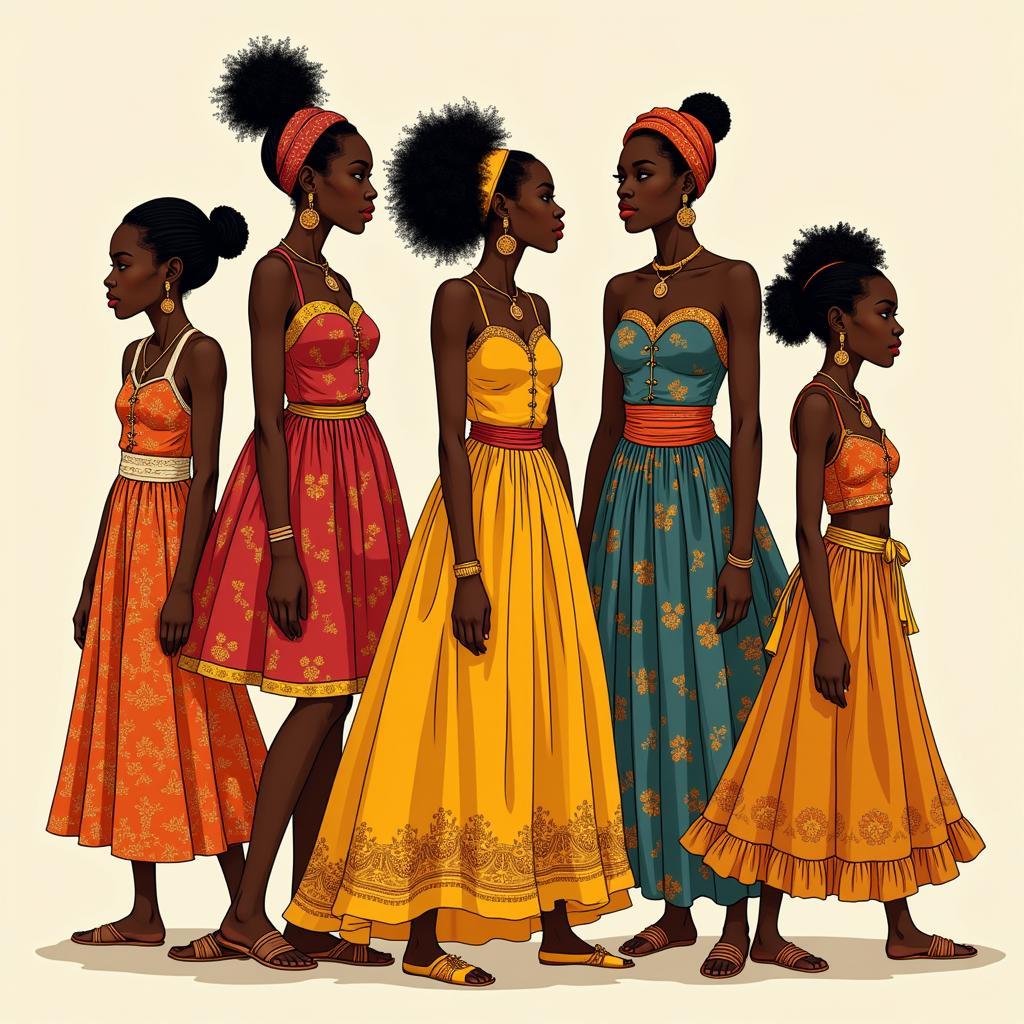Understanding African Customary Law
African Customary Law is a vital legal system governing the lives of millions across the African continent. It’s a complex and diverse set of traditional rules and practices passed down through generations, shaping social interactions, resolving disputes, and maintaining order within communities. Learn more about the nuances of this fascinating legal system.
What is African Customary Law?
African customary law, often referred to as ACL, isn’t a monolithic entity but rather a collection of legal traditions unique to various ethnic groups and regions. It’s deeply rooted in the customs, beliefs, and values of each community, influencing everything from marriage and inheritance to land ownership and dispute resolution. One key characteristic of African customary law is its flexibility and adaptability. It evolves over time to reflect changing societal needs and circumstances.
Key Principles of African Customary Law
Several core principles underpin African customary law. These include a strong emphasis on community, consensus-building, and restorative justice. Unlike Western legal systems that prioritize individual rights, ACL often focuses on the collective well-being of the community. Restorative justice, rather than punitive measures, is typically favored, aiming to reconcile parties and repair harm caused by wrongdoing.
The Role of Elders in ACL
Elders play a crucial role in the application and interpretation of African customary law. Their wisdom, experience, and deep understanding of local customs are essential for resolving disputes and maintaining social harmony. They act as mediators, judges, and custodians of tradition, ensuring the continuity of customary law.
The Interaction of African Customary Law and State Law
The relationship between African customary law and state law is complex and varies across different African countries. In some instances, customary law is formally recognized and integrated into the national legal system. In others, it operates alongside state law, often leading to tensions and challenges in legal practice. Understanding this interplay is crucial for navigating the legal landscape in Africa.
african customary law in south africa textbook
Challenges and Evolution of African Customary Law
African customary law faces several challenges in the modern era, including the impact of globalization, urbanization, and the rise of human rights discourse. Some aspects of traditional practices, such as certain inheritance laws or gender roles, have been criticized for being discriminatory. As a result, there’s ongoing debate about how to adapt and reform customary law to align with contemporary values while preserving its cultural significance.
african customary law in south africa pdf
How is African Customary Law Adapting to Modern Society?
African customary law is constantly evolving to address the changing needs of society. Many communities are actively engaging in discussions about reforming certain practices, while others are finding ways to integrate customary law into modern legal frameworks. This dynamic process reflects the resilience and adaptability of ACL.
Conclusion: The Enduring Legacy of African Customary Law
African customary law remains a powerful force in shaping the lives and societies across the African continent. While it faces challenges and continues to evolve, its enduring legacy lies in its ability to provide a framework for social order, justice, and community cohesion. Understanding African customary law is crucial for anyone seeking to engage with the rich cultural tapestry and legal landscape of Africa.
african customary law an introduction
african customary law textbook pdf
If you need any assistance please contact us, Phone Number: +255768904061, Email: [email protected] Or visit us: Mbarali DC Mawindi, Kangaga, Tanzania. We have 24/7 customer support.



